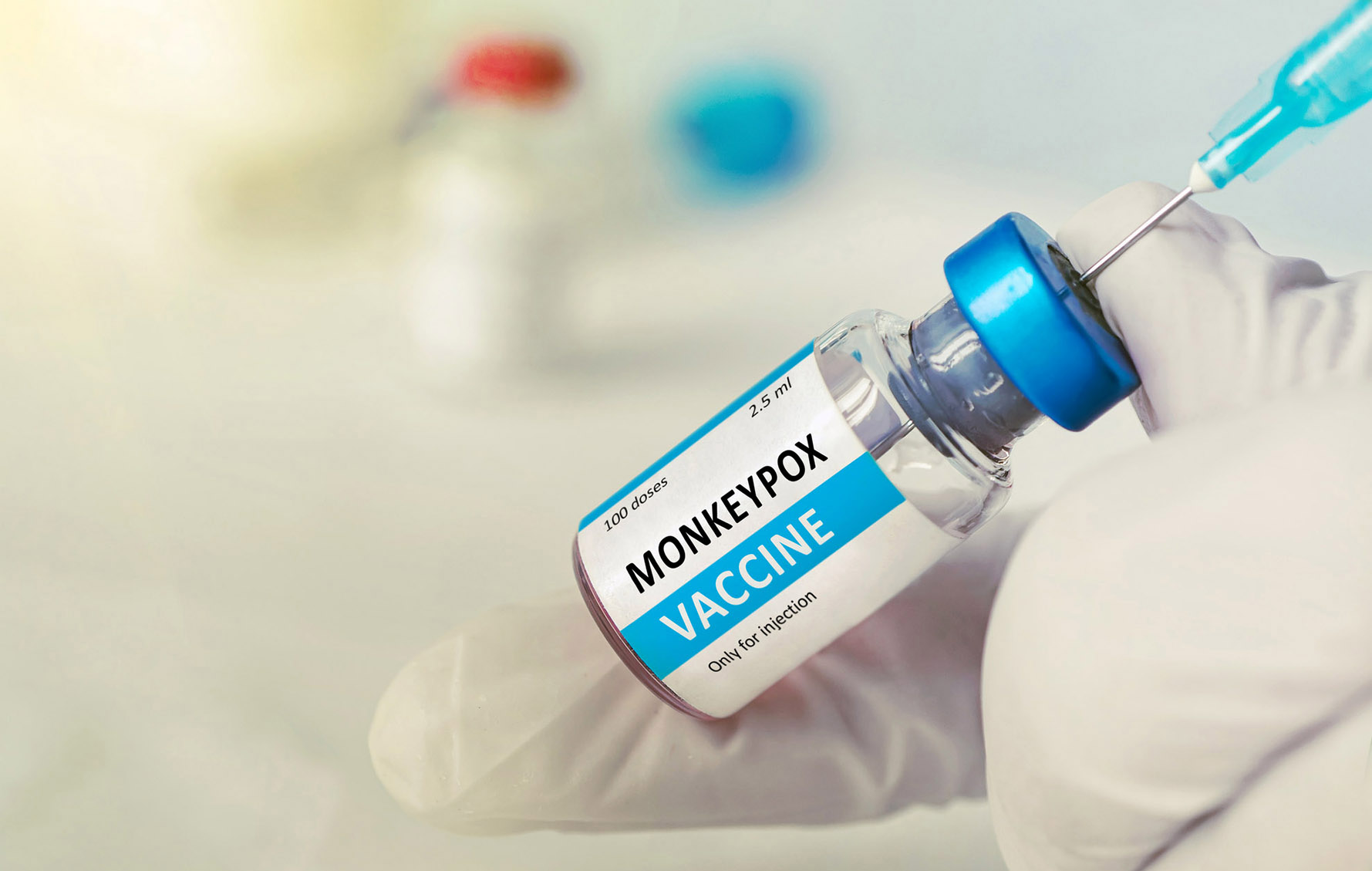Africa is currently experiencing a moment of Covid-19 vaccine déjà vu as the ongoing outbreak of the virulent mpox in Central, West and East Africa has African nations once again scrambling for vaccines while the wealthier nations of the world were stockpiling in advance.
It has been said that “everyone has a (business) plan for Africa”, and with predictions that by 2030 one in four of the global workforce will come from Africa — especially from our vast youth population — Africa’s healthcare security is not an African issue, it is a global imperative.
With only 50% of the continent having ready access to medicine, Africa’s healthcare security can be improved easily by focusing on the basics, with access to medicine being the priority. But this is dependent on how quickly we develop and close the gaps for localised manufacturing of medicine and pharmaceuticals.
The gaps are where we are the most vulnerable to crisis, and the Covid-19 pandemic underscored a harsh reality that is not spoken about enough: Africa’s heavy reliance on imported medicines makes us extremely vulnerable to disruptions in supply chains.
It took the unambiguous exclusion of the continent from the Covid-19 vaccines prioritisation for Africa to realise that we cannot put off self-reliance any longer. The more recent mpox outbreak has fortified this realisation, catalysing a growing movement advocating for localised pharmaceutical manufacturing on the continent.
First African recipient
In September this year at a global gathering of the pharmaceutical industry, the International Pharmaceutical Federation’s most coveted industry award, the IPS Medal, was awarded to its first African recipient, Dr Stavros Nicolau of the Aspen Pharma Group.
Nicolau’s award recognised his role in the successful resolution of Covid-19 vaccine manufacturing for Africa, and on the back of this experience, his determination to optimise localised manufacturing towards preventable deaths across the continent.
While healthcare security is the priority, localised pharmaceutical manufacturing also promises significant economic benefits for the continent as a whole. Establishing and expanding local production facilities can stimulate job creation and enhance skills development, not only on the factory floor of pharmaceutical companies, but also generating employment in various associated sectors such as logistics, quality control, marketing and administration.
For many African nations grappling with high unemployment rates, including South Africa, these opportunities are invaluable.
Local production reduces the continent’s dependence on imported drugs, which are often subject to volatile global market conditions and fluctuating exchange rates, taking the control of our own healthcare out of our hands.
Localised manufacturing is boosted even further by trading under the African Continental Free Trade Area, the benefits of which not only reduce dependency on imports, but also give all countries across the continent the access we need — placing the continent’s healthcare future back in our own hands.
Health security and self-reliance
The Covid-19 pandemic revealed the total fragility of global supply chains, especially when it comes to Africa and particularly in essential sectors like pharmaceuticals. When global production was disrupted by the pandemic, African countries experienced significant shortages of vital medicines, and unfortunately Africa was not prioritised to receive basic and life-saving medicine, not just the Covid-19 vaccines.
Localised manufacturing can mitigate such risks by ensuring that essential drugs are produced and available within the continent, enhancing health security.
Localised manufacturing is the game changer in self-reliance, especially with regards to access to and availability of basic and life-saving medicines. It empowers African nations to tailor our pharmaceutical production to our specific needs, and more importantly to respond swiftly to public health emergencies.
This self-sufficiency is crucial in managing diseases that disproportionately affect the continent, such as malaria and tuberculosis, and other new and emerging health threats such as mpox.
Encouraging innovation and collaboration
As African pharmaceutical companies grow and become more competitive, they are likely to invest increasingly in sophisticated pharmaceutical manufacturing solutions, directly dealing with the diseases that are specific to the continent – a classic case of by Africans, for Africans.
With localised manufacturing of pharmaceuticals, collaborations between African governments, the private sector, and even civil society can tangibly bring about an acceleration of progress. The Africa Centres for Disease Control and Prevention is leading the charge on localised manufacturing, and initiatives like the African Medicines Agency aim to streamline regulatory processes and promote local pharmaceutical development.
Additionally, partnerships with global pharmaceutical firms can bring technical expertise and investment into the sector, while trade optimisation under the African Continental Free Trade Area is set to bring about many advantages and benefits to localised manufacturing.
While challenges exist, they are indeed surmountable — with targeted investments, strategic partnerships, and regional cooperation. By fostering a robust local pharmaceutical industry, Africa can address its immediate health needs and also build a sustainable and resilient future for its healthcare systems.
As Stavros Nicolaou has said, “never again should it be that African people die from often common and treatable diseases like hypertension, diabetes, heart disease, cancer and even infectious diseases”. DM
Yavi Madurai is the Founder and President of the African Prosperity Fund.




